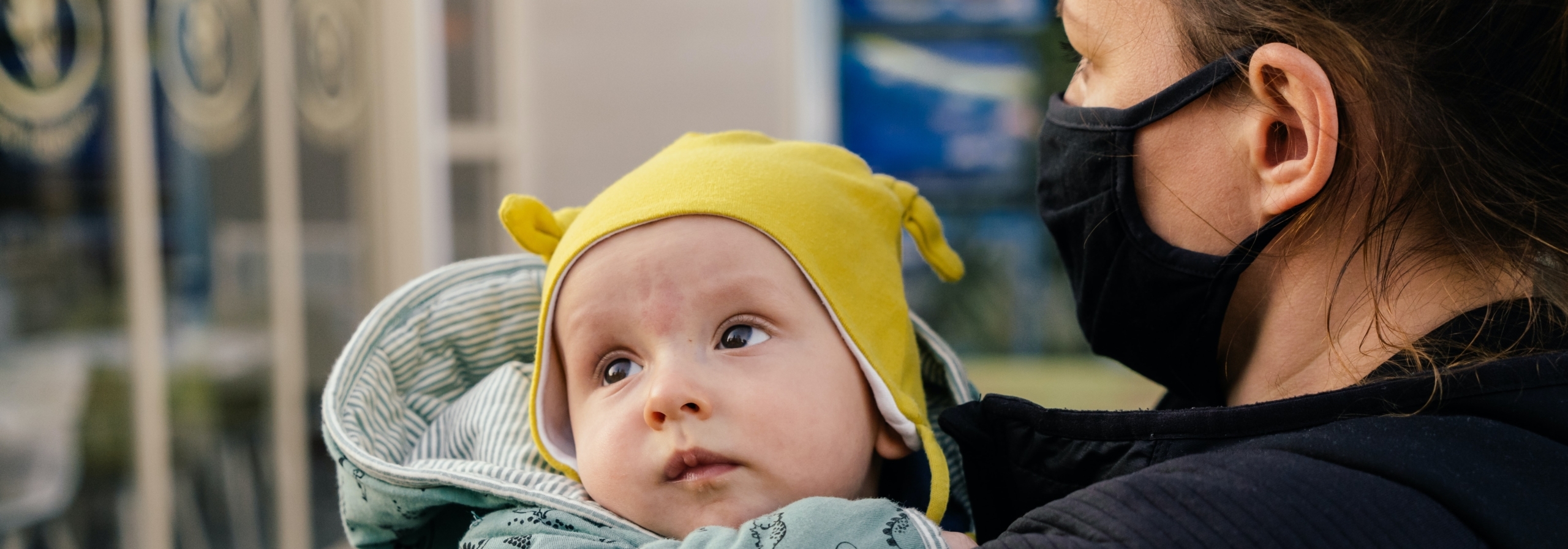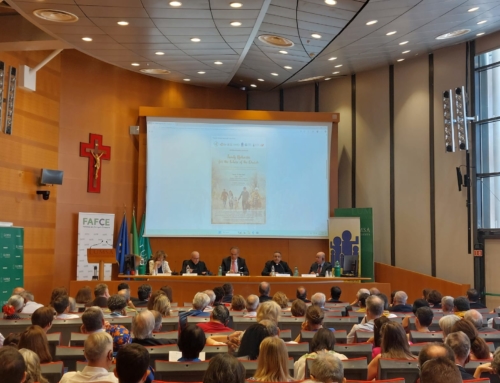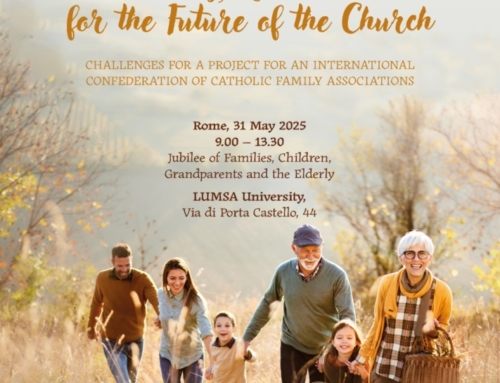6 July 2021,
On the 22nd of June 2021, the Parliamentary Assembly of the Council of Europe (PACE) adopted two Reports and Resolutions at the Summer Session, focusing on the socio-economic impacts of the Covid-19 pandemic.
A Resolution on the “Impact of the Covid-19 pandemic on children’s rights” (Rapporteur: Baroness Doreen Massey, United Kingdom) focused on the consequences children had to suffer as a result of what is now more than a year of pandemic, including “family bereavement, isolation, the spread of poverty, and decreased access to public services (including health, education and social protection).” The PACE Members’ focus on children rightly caused them to recall the primary role of parents, who are the first guardians of their children’s education and well-being. They noted:
“The Assembly is convinced that, to improve the situation of children, first and foremost parents and other carers need to be supported, so that they, in turn, can help children. […] Building robust public services for children and their families, that will be well-co-ordinated and not fall short when faced with major risk situations, should be a priority for the post-pandemic recovery strategies. Child poverty must be tackled with determination“.
The Resolution thus urges Member-States to “ensure a minimum level of income for parents and carers” and to “reduce the levels of stress within families by addressing socio-economic difficulties, supporting flexible working arrangements for parents and other carers, including a possibility of taking a “child in distress” special leave, and ensuring that the mental and physical well-being of children is as important as their academic achievement“.
When it comes to equal access to education, the Resolution calls on Member-States to “ensure access to education programmes for all children, for example by the use of TV and radio channels or provision of necessary equipment to families with socio-economic difficulties, and by introducing catch-up programmes;”
A second Resolution on “Overcoming the socio-economic crisis sparked by the Covid-19 pandemic” (Rapporteur: Mr Andrej Hunko, Germany), highlights several key challenges for parents that already existed before the pandemic but had been exacerbated over the past year.
It first calls on Member-States to “adopt positive measures to eliminate the gender pay gap and gender pension gap and all types of discrimination in employment“, which is a crucial topic for FAFCE in light of the discriminations experienced by mothers within the workplace. It is also connected to the recommendation of PACE Members for Member-States to “ensure equal opportunities by eliminating discriminatory laws, policies, and practices as part of the sustainable development goals and the pledge to leave no one behind”. Many mothers and fathers still face unequal opportunities when it comes to their professional career, as the unpaid work they perform at home for their children and relatives is neither recognised nor considered in their working arrangements. It is thus crucial first to recognise the unpaid work of parents as a great service to society, and not only as a burden that prevents them from being fully integrated into the labour market.
The Resolution also includes concerns for young people as they transition to adult life and calls to “enhance educational and professional opportunities for young people, also in order to actively promote their access to the labour market”. Support for young people through fair job opportunities is key to facilitating other transitions, such as starting a family.
Lastly, the Resolution also calls on Members-States to “improve quality, affordability and accessibility of public services and infrastructure and promote equal access to these services and infrastructures“, which should include tailored policies for families, such as childcare services, family-friendly housing, and public transportation.







